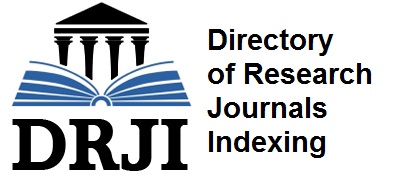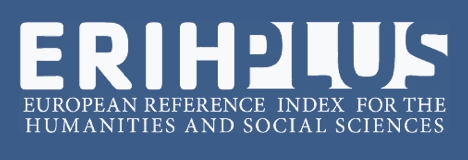La comunità ebraica di Istanbul tra nostalgia neo-ottomana e memoria repubblicana
The Jewish community of Istanbul between neo-Ottoman nostalgia and republican memory
Abstract
The memory studies that since the 1980s have spread in Turkey in relation to the Ottoman Empire have generated a wave of nostalgia for the Ottoman governance and society. At the same time, a political culture has spread which, inspired by reflective nostalgia, places the past, present and future in close relationship since, as Esra Özyürek states, “nostalgia is far from being just an imagination of the past. Rather it is a powerful and versatile means of relating and transforming the present ”.
Considering that the Ottoman Empire is also considered by many historians to be the golden age of Ottoman / Turkish Judaism, it is legitimate to ask whether contemporary Turkish Jews share this neo-Ottoman nostalgia or whether they look with regret at the early years of the Republic when the state secularism seemed to offer them a real integration into the new republican Turkey.
In order to find an answer to this question, several members of the Turkish Jewish community have been interviewed employing semi-structured and autobiographical interviews. Thus, through their testimonies, it has been possible to verify how the dramatic changes that have occurred in Turkey in the last hundred years have influenced the perception of being a “Turkish Jew” in the present. In fact, as Alessandro Portelli states, oral history is "a perfect tool for studying how the past is read, interpreted and lived in the present".
Gli studi di memoria che a partire dagli anni ’80 si sono diffusi in Turchia in relazione all'Impero ottomano, hanno generato un'ondata di nostalgia per la governance e la società ottomana. Congiuntamente si è diffusa una cultura politica che, ispirata dalla nostalgia riflessiva, mette in stretta relazione passato, presente e futuro perchè, come afferma Esra Özyürek, “la nostalgia è lungi dall'essere solo un'immaginazione del passato. Piuttosto è un mezzo potente e versatile di relazionarsi e trasformare il presente”.
Considerando che l'impero ottomano è ritenuto da molti storici come l’età dell'oro dell’ebraismo ottomano/turco, è leggittimo domandarsi se gli ebrei turchi condividano questa nostalgia neo-ottomana o se invece guardino con rimpianto ai primi anni della Repubblica quando il laicismo dello stato sembrava offrirgli una reale integrazione nella nuova Turchia repubblicana.
Al fine di trovare una risposta a questo quesito sono state condotte una serie di interviste semi-strutturate e autobiografiche con membri della comunità ebraica turca, per poter verificare attraverso le loro testimonianze come i drammatici cambiamenti avvenuti in Turchia negli ultimi cento anni abbiano influenzato la percezione dell’essere “ebreo turco” nel presente. Infatti, come afferma Alessandro Portelli, la storia orale è “uno strumento perfetto per studiare come il passato viene letto, interpretato e vissuto nel presente”.

This work is licensed under a Creative Commons Attribution-NonCommercial 4.0 International License.
Authors who publish with this Journal agree to the following terms:
Authors retain copyright and grant the Journal right of first publication with the work simultaneously licensed under a Creative Commons Attribution-NonCommercial 4.0 International License.
This Journal permits and encourages authors to post items submitted to the Journal on personal websites or institutional repositories both prior to and after publication, while providing bibliographic details that credit, if applicable, its publication in this Journal.

















